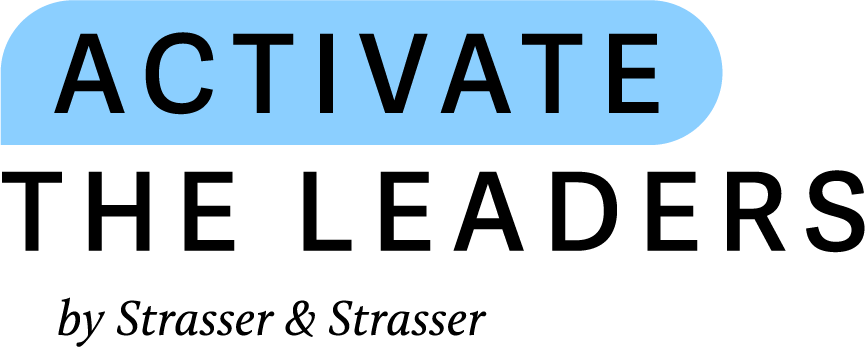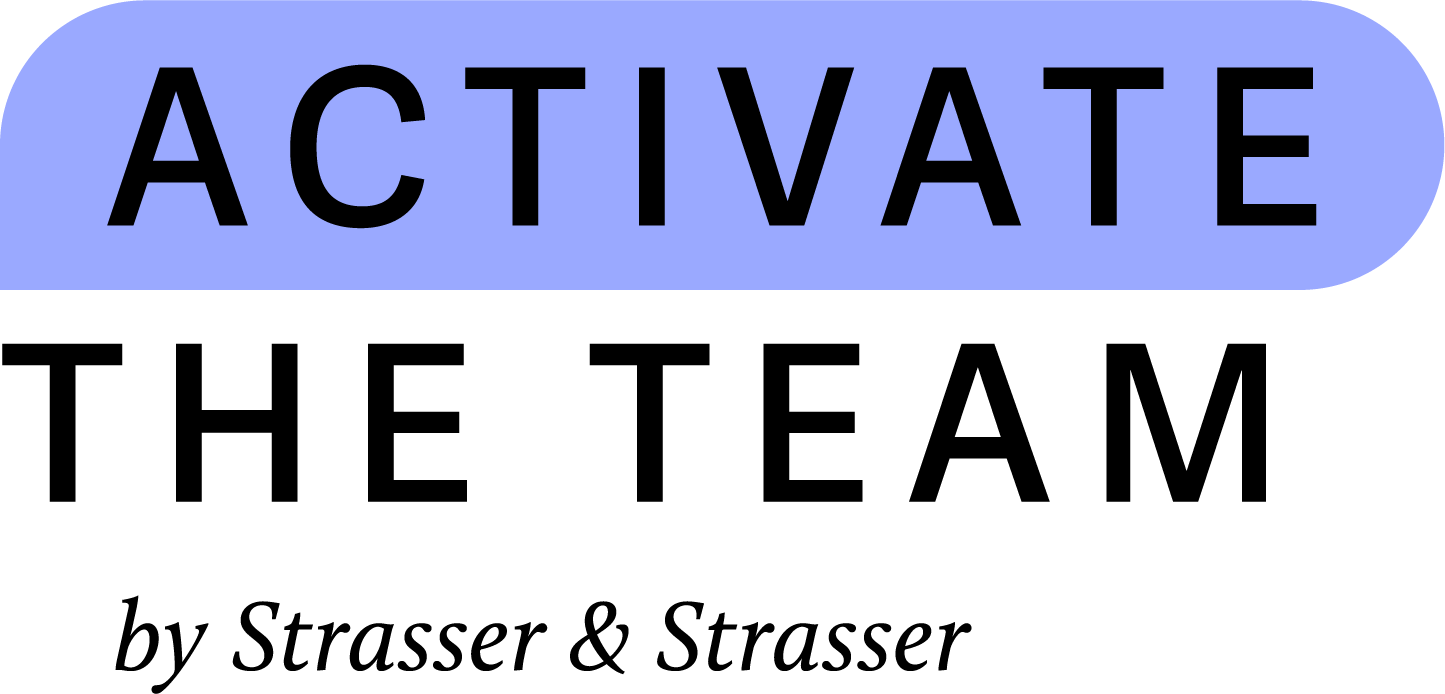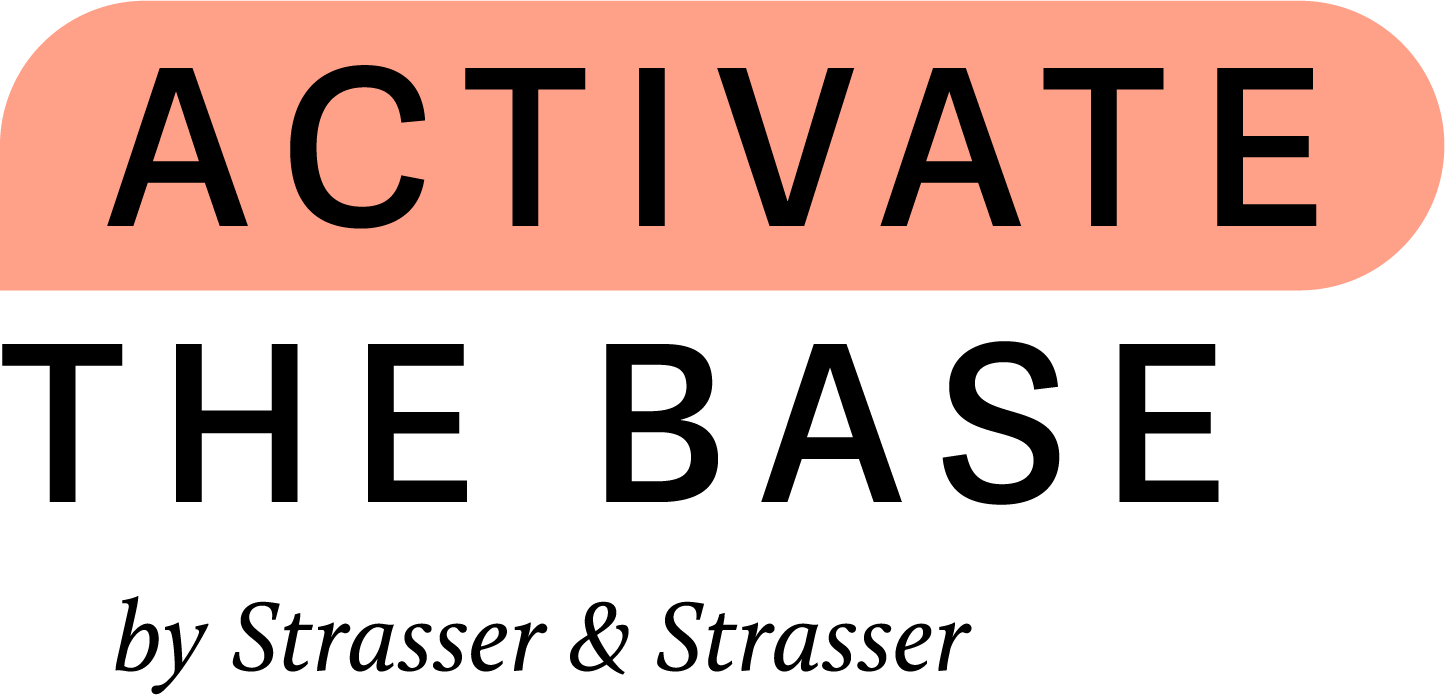No blame culture
From avoiding mistakes to seizing learning opportunities
Creating a constructive learning culture.

What makes us special:
For over 25 years we have been dedicated to change processes in social systems. Our models, methods and interventions are all based on the concept of the Learning Organization, developed by Peter Senge at the M.I.T. Thus, the core question has accompanied us for decades: How can people, teams and organizations learn best? Our consulting experience shows: One of the most important variables is a positive error culture in the company.
Awareness:We start the process with a leadership workshop in which we reflect on the ACTUAL situation with the leading system. How do we deal with errors today? Which cultural or process-related factors influence our handling of errors? We recommend action-oriented challenges for the kick-off, because on the one hand they bring hidden patterns to the surface and on the other hand they make it possible to experience a constructive error culture.
Activation:As part of the "Activation Process", we develop a value-based leadership vision and communication to the rest of the organization. We then encourage managers to act as role models and regularly report their mistakes in public through so-called "Fuck-up Nights". Employees are also activated to consider actions that strengthen the constructive handling of mistakes.
Acceleration:The process becomes a cultural change when employees experience that they can openly address their "mistakes" and see them as learning opportunities in the team and with interfaces. Sustainability is created when employees realize that actions that have arisen on this topic are taken seriously by management and are guided into the future. Their trust is strengthened when they regularly experience their manager as a role model, especially in communication with interfaces.






Why is a no blame culture important?
From Pain, to Gain, to Win
The risk - a fingerpointing culture
Especially in production companies, there is a widespread establishment of measures and tools for "error minimization" (Kaizen, Operational Excellence, etc.). In addition, more and more deviation tools are now being introduced, resulting in process deviations (or even errors) being recorded by name. The risk? A "fingerpointing" culture.
Mistakes as learning opportunities
Our consulting services and programs create a culture in which deviations and "mistakes" are understood as learning opportunities and find a place in constructive dialog. "Errors" and "problems" are thus solved sustainably across interfaces.
Trust and growing together
The prerequisite for this is the growing together of departments and teams and the creation of a basis of trust. Management must see itself as a role model and set an example of a positive culture of error.
Fast and sustainable to a constructive learning culture with our ACTIVATE programs

to get the leadership moving
Leaders have a significant role in change at the behavioral level. The question many leaders ask is, how is organizational behavioral change achieved quickly and in a unified way? In response, we have developed the ACTIVATE THE LEADERS program, which begins with personal engagement on the topic of "error culture" and ends with the development and implementation of actions in the team. The result? The corporate vision comes to life and doesn't remain a paper tiger hanging framed on the wall.

to strengthen teams
One of the most important success factors for a positive error culture is Team Learning. Within the framework of the Learning Organization, this is one of five elemental disciplines. Team learning requires several components to be effective. The first is discussion. Discussion is a process of exploration by team members. Each member presents and defends his or her point of view on an issue or problem facing the group. Our ACTIVATE THE TEAM program aims to do just that. A team is given an appropriate framework to talk about values, strengths and personal goals.

to create culture change
In our ACTIVATE THE BASE program, employees examine their values and goals and link these to the organizational vision. In concrete terms - employees ask themselves: What does "positive error culture" mean for me personally, how do I want to benefit from it myself and how can I personally get involved in this change in the organization? Small grassroots initiatives are emerging that bring this culture change to life and build bridges between departments, locations and functions.
Joy of experimentation
Only those who fall down can become better.
Fostering a positive culture of error stands for openness, letting go and freeing up space. It requires the necessary openness to recognize a supposed "mistake" as a potential part of a solution to problems in the future and to position failures as real opportunities. Leadership must let go and define problems broadly so that employees can work out solutions on their own. Last but not least, the appropriate freedom plays a major role, because only with it do employees feel taken seriously and motivated to position a new idea.
Why Strasser & Strasser
As a leading company for change management and consulting, Strasser & Strasser works at the interface to the future of our clients: We move organizations from the big picture to the individual.
Established:Over 25 years of successful change management consulting
Profound:Scientific-psychological approach
Innovative:Digital Change Management Solutions
Participatory:Co-Creation with our clients
Personal:Owner managed company
Frequently asked questions
Can't find the answer you're looking for? Contact our team using our contact form.
